Not getting enough sleep may increase the likelihood of forming false memories, according to research published in Psychological Science, a journal of the Association for Psychological Science.
In a study conducted by psychological scientist Steven J. Frenda of the University of California, Irvine and colleagues, sleep-deprived people who viewed photographs of a crime being committed and then read false information about the photos were more likely to report remembering the false details in the photos than were those who got a full night’s sleep.
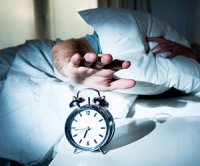 Research has demonstrated that failing to get your full eight hours interferes with cognitive functioning, but Frenda noticed a gap in the literature when it came to sleep and memory.
Research has demonstrated that failing to get your full eight hours interferes with cognitive functioning, but Frenda noticed a gap in the literature when it came to sleep and memory.
“Over the years I noticed that whenever I had a bad night’s sleep, my perception and memory seemed to get fuzzy until I had a good recovery sleep, ” explains Frenda. “I was surprised to find that there were so few empirical studies connecting sleep deprivation with memory distortion in an eyewitness context. The studies that do exist look mostly at sleep deprived people’s ability to accurately remember lists of words—not real people, places and events.”
A preliminary study conducted by Frenda and colleagues suggested that getting 5 hours of sleep or less was associated with the formation of false memories. The researchers then designed an experiment to investigate whether pulling an all-nighter would increase the likelihood of forming false memories.
Upon arriving to the lab in the late evening, the 104 college-age participants were assigned to one of four groups. Two groups were presented with a series of photos depicting a crime being committed as soon as they arrived to the lab — one group was then allowed to go to sleep, while the other group had to stay awake all night in the lab. The remaining two groups did things in the reverse order — they either slept or stayed awake all night and then viewed the crime photos in the morning.
In the second part of the experiment, the participants read narratives containing statements that contradicted what the photographs actually showed. For instance, a text description might say that the thief put a stolen wallet in his pants pocket, whereas the photo shows him putting it in his jacket.
Source: www.psychologicalscience.org
|
Insulin nasal spray: is it a potential therapy for AD?: an MGH expert lends his perspective on an experimental insulin treatment that has raised hopes ... An article from: Mind, Mood & Memory Book (Belvoir Media Group, LLC) |
You might also like:
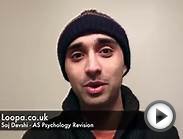
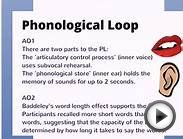
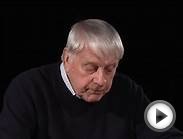
|
Mood effects on eyewitness memory: Affective influences on susceptibility to misinformation [An article from: Journal of Experimental Social Psychology] Book (Elsevier) |
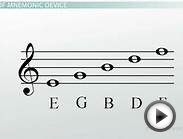


|
But I thought it was Mickey Mouse: The effects of new postevent information on 18-month-olds' memory [An article from: Journal of Experimental Child Psychology] Book (Elsevier) |
|
|
INTER- AND INTRAMODAL ENCODING OF AUDITORY AND VISUAL PRESENTATION OF MATERIAL: EFFECTS ON MEMORY PERFORMANCE.: An article from: The Psychological Record Book (Psychological Record) |
|
|
At MGH, mind-body medicine breaks new ground: Benson-Henry Institute of mind-body medicine sponsors research on the effects of mental processes on ... An article from: Mind, Mood & Memory Book (Belvoir Media Group, LLC) |
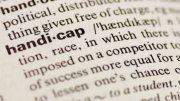

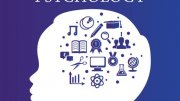
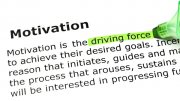
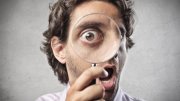










The memory drum was a standard method for presenting paired associate and serial syllable lists to participant of psychological studies of memory. A memory drum is a piece of laboratory apparatus used to present stimuli in a controlled manner in memory experiments before the advent of computers. Items to be learnt appeared one at a time in the aperture of the drum as it was rotated, either by the experimenter or laterly by timed inputs from a motor.